Feel tired and moody? Your body clock needs a reset
Lockdown living combined with darker autumn nights can be exhausting. Here’s what to do about it.
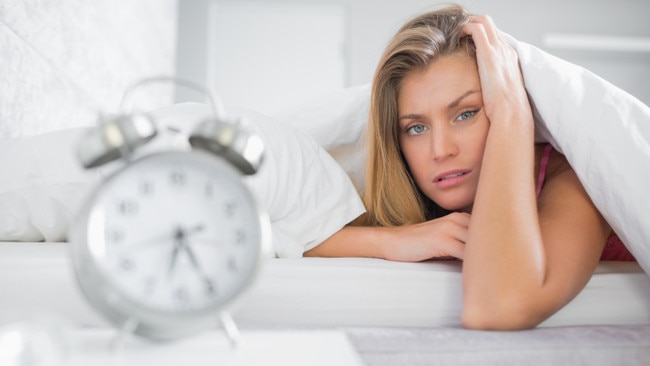
Cue lockdown 2, much like the first version, but without the sunshine. And as we face the prospect of days spent inside, staring at screens under artificial light until the early hours, it’s not just our emotions that will be on a rollercoaster ride, but our body clocks. Our natural circadian rhythms – the internal clocks that control body temperature and hormones to regulate our sleep/wake cycle – have been hit hard by the changes to living routines in recent months and now, with the weight of dark winter nights added to the equation, there’s a risk of even greater disruption to our internal timekeeping mechanisms.
Our biological rhythms thrive on routine and the master clock located in the hypothalamus area of the brain responds to daylight exposure to keep us ticking on time. A host of peripheral clocks located in every organ of the body serve to govern our daily cycles of activity and all are set by morning sunlight and evening darkness. Irregular working hours, erratic eating patterns and rolling out of bed in time to do a Zoom meeting risk putting us seriously out of sync, warns David Ray, professor of endocrinology at the University of Oxford. “We’re facing an epidemic of exhaustion because we are living against our body clocks.” In the short term, this can result in fatigue, bad moods and a feeling of jet lag – and, if left unaddressed, it has been associated with obesity, type 2 diabetes and lowered immunity.
Dr Chris Dickson, a medical doctor and executive chairman of Cambridge Sleep Sciences, says that sleep problems have spiralled since the start of the first national lockdown. “Our own research shows that 52 per cent of people now struggle sticking to their usual sleep routine compared with around 30 per cent pre-Covid-19,” he says. Research conducted by King’s College London and based on an Ipsos Mori poll of 2,254 interviews with UK residents in May revealed that 63 per cent of respondents said their overall sleep had deteriorated. “If your sleep is out of routine, then other routines such as eating and exercising also shift,” Dickson says. “And this time around we have been living like this for long enough for bad habits to start forming and sticking.”
But is it possible to reset your clock? “There are hacks that will help you,” Ray says. “And it is critical that you re-establish a routine for the good of your health.” Here’s how:
Get outside first thing
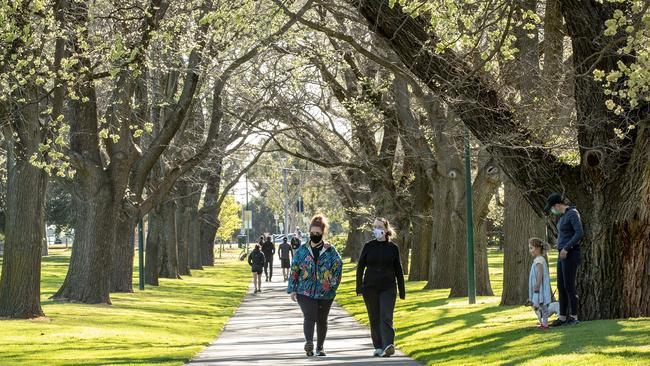
As soon as you wake up, open the curtains in your bedroom to let natural light flood in. And then make sure you get outside in the morning. “Our body clocks have evolved to help us survive in cycles of sunlight and they haven’t adapted at all well to our habit of living indoors,” Ray says. “It is critical to get outside as soon as possible, even on a cloudy day as the light outside is very powerful for training our body clock to track day and night.”
Not all light is equal, he says, and even lights that claim to simulate daylight are not as effective as the real thing. “We’ve adapted to respond to daylight, which even on a dim day is 1,000 times brighter than artificial light inside the home. No light is as powerful as sunlight and no light is as effective as sunlight at resetting our body clocks.”
Don’t work from home in your bedroom
With our homes becoming our offices, your bedroom might be the only place where you can make business calls or work in peace and quiet. If at all possible, though, head elsewhere.

“People have really had their routines disrupted as the bedroom, usually associated with rest, is now associated with work and the stress it brings,” Dickson says. “It has messed up our perception of the bedroom and we no longer see it solely as somewhere to sleep, which means we don’t switch off when we go to bed.”
Working in the bedroom at night is a particularly big problem. “Our body clock can’t flick around to cope with different routines,” Ray says. “If you are finding you are up all night working, it can cause misalignment of your body clock and you will suffer fatigue, be unable to concentrate or react quickly – ultimately your health will begin to suffer.”
Exercise between 1 and 4pm
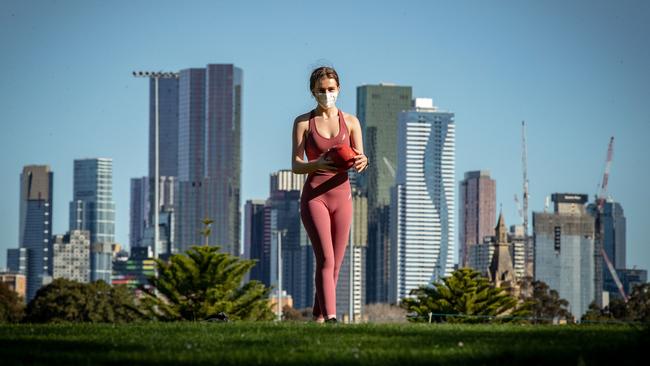
Our cardiovascular efficiency and muscle strength peak at about 5pm, but if body rhythms are off kilter, it is worth exercising a few hours earlier because when you work out can shift the human body clock forward or back by about an hour, researchers have shown.
In a paper published in TheJournal of Physiology last year, researchers at the University of California and Arizona State University tracked the body clocks of 101 participants after they exercised – via urine samples to check for rising and falling levels of sleep hormones – over a period of up to five and a half days.
“We were able to clearly show in this study when exercise delays the body clock and when it advances it,” says Shawn Youngstedt, an exercise scientist at Arizona and the lead author of the paper. The study found that exercising at 7am or between 1pm and 4pm advanced the body clock so someone might feel more alert earlier in the day, while exercising between 7pm and 10pm delayed the body clock, making people more alert later on. There were no body clock changes when people worked out between 1am and 4am or at 10am.
Don’t nap during the day
As tempting as it might be to catch up with lost sleep by taking 40 winks between Zoom meetings in the afternoon, it will not help to get your body clock back on track. “If you are feeling tired, it can be very tough to stay alert, but persevere as relenting by napping in the day decreases the pressure on the body to need sleep at night,” Ray says. “The more often you nap in the day, the harder it becomes for the body to differentiate between day and night.”

Lying in at the weekends is not advisable either. “Our body clocks thrive on routine and as much as you might be tempted to lie in, it will make it harder to keep a routine during the week,” says Dr Nicola Barclay, a lecturer in sleep medicine at Oxford University’s Sleep and Circadian Neuroscience Institute and an adviser to Mammoth, maker of bed products.
Dim your lights in the evening
Last year, Sean Cain, an associate professor at Monash University’s Turner Institute for Brain and Mental Health in Australia, studied what happened to the levels of the light-sensitive hormone melatonin when people were exposed to dim indoor lighting for four hours before bedtime.

Melatonin signals the start of the “biological night”, and Cain’s team found that exposure to just 30 lux – typical of evening home lighting (one lux is equal to one lumen of brightness per square metre) – could lead to 50 per cent melatonin suppression and to a delayed onset of melatonin by 77 minutes, although they found more than a 50-fold difference in sensitivity to light between participants.
“Electric lighting has fundamentally altered how the human circadian clock synchronises to the day/night cycle,” Cain says. “Some individuals appear to be particularly prone to circadian rhythm disruption by lights we typically use in our homes, which could have massive knock-on effects on health.”
Avoid late-night snacking
It’s not just sleep that goes haywire during lockdown, but our eating habits. Erratic mealtimes and late-night snacking cause “massive disturbances in metabolism”, Ray says. “When we eat in time with our natural body clocks, our livers can anticipate when a meal is to arrive and then make a decision whether to store or use the fat it contains.”

Start skipping meals or eating at odd times, however, and the liver is faced with the arrival of food it wasn’t expecting. “A peripheral clock in the liver is able to buffer this to allow healthy metabolism to prevail if it doesn’t happen too often. But the liver has evolved to occasionally override the body clock and with sustained late-night snacking or unusual eating patterns it becomes overwhelmed and that is when the risk for obesity and diabetes starts to rise.”
Try not to read in bed
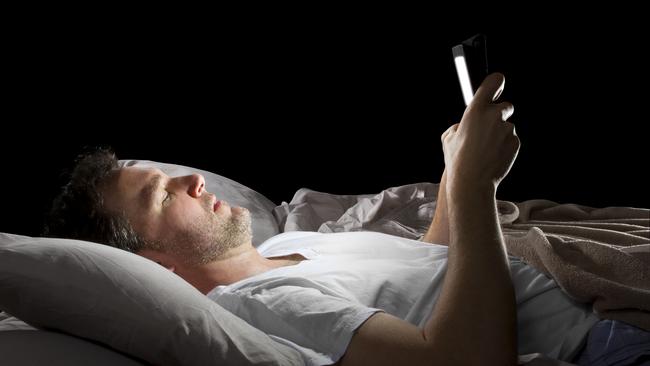
Reading before turning out the light is often considered the best way to drop off quickly, but Barclay says this isn’t the case if you are someone who struggles with your sleep patterns. “If your sleep patterns need resetting, then it helps to break the association between the bedroom as a place for wakeful activities, including reading,” she says. “Read in a different room, preferably using a book rather than a bright electronic device, and under a very dim light to avoid making you more alert.”


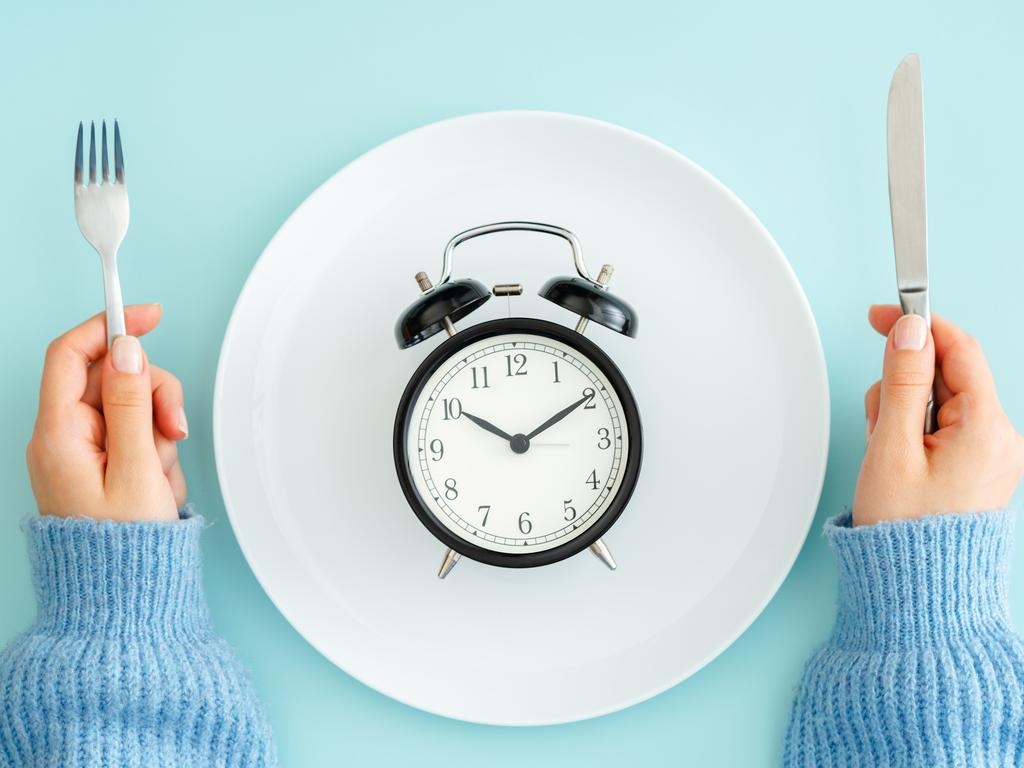

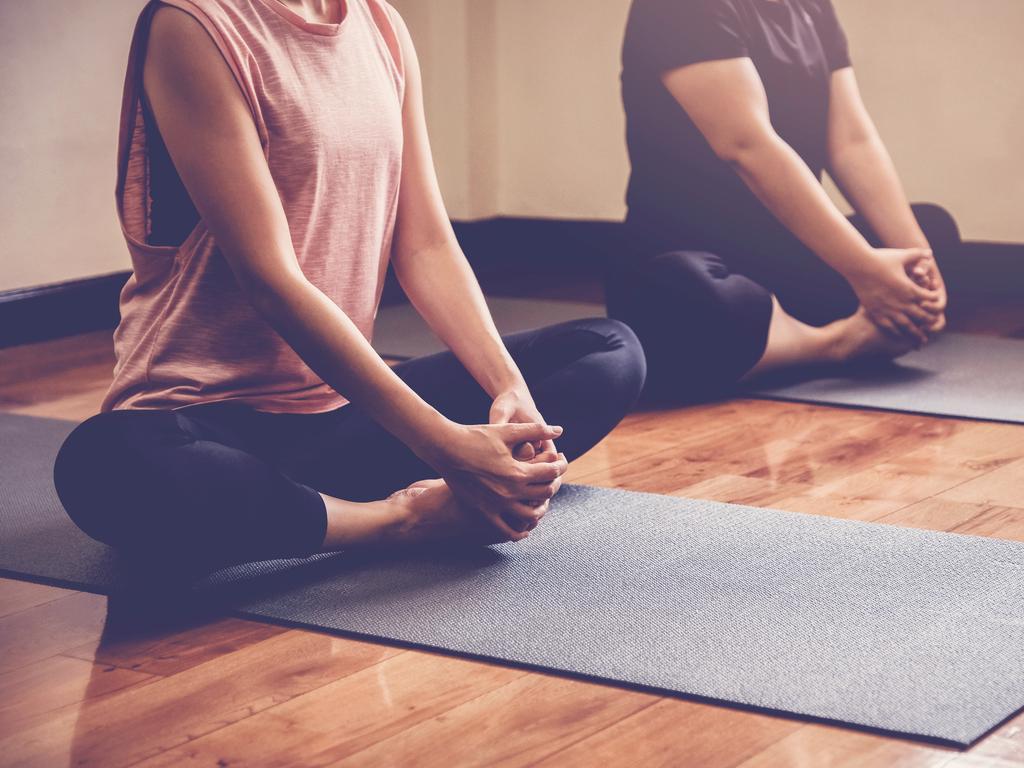
To join the conversation, please log in. Don't have an account? Register
Join the conversation, you are commenting as Logout